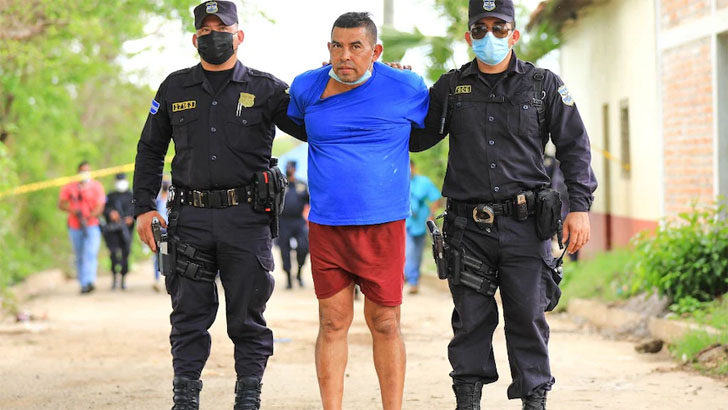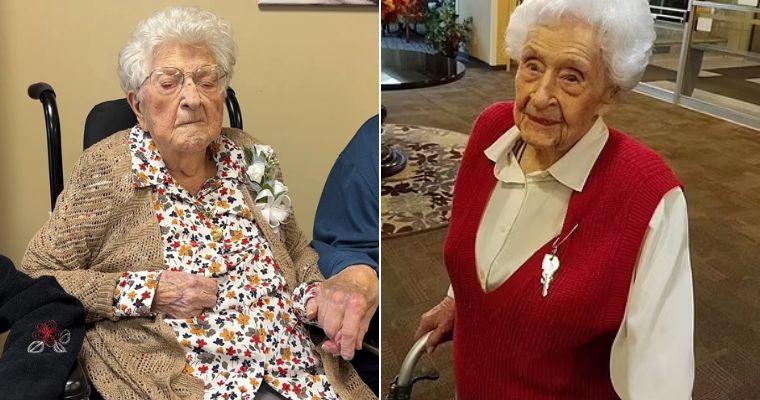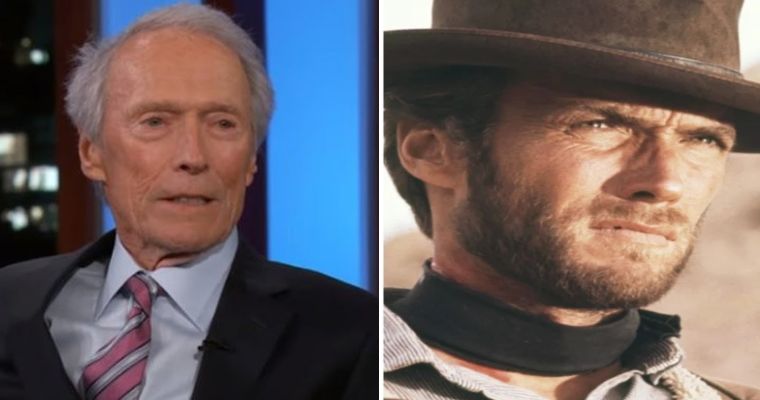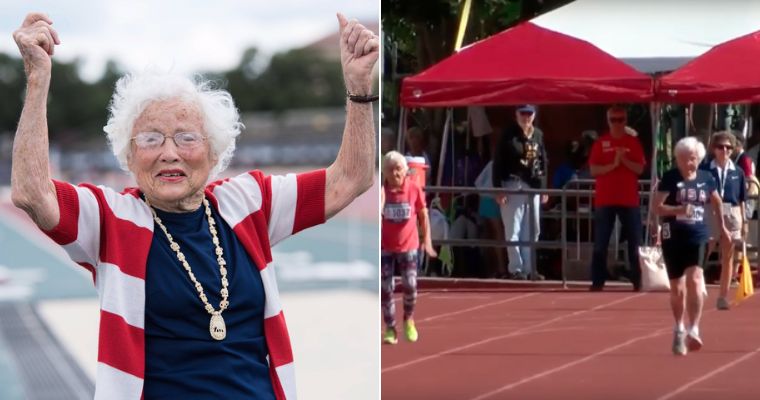Cristiano Ronaldo is one of the greatest soccer players in the world but his beginnings in a mountainous neighborhood of Madeira could not have been more humble. The Portuguese sporting icon was born on February 5, 1985. He was born to his mother Dolores Aveiro, a cook, and his father, Jose Dinis Aveiro, a gardener. He was given the name Ronaldo by his father, who was a Ronald Reagan fan.

Jose, who was also a kit man for the local club named Andorinha, ensured that the young Ronaldo made his way into the soccer world. Jose nudged his youngest son towards an esteemed path of soccer. A path his son treaded with complete determination and undying will.
A path Ronaldo treaded so strongly that he ended up being one of the greats. Today, Ronaldo has represented some of the greatest clubs in Europe. He played for Manchester United, Real Madrid, and Juventus. He has numerous records to his name including being the top scorer in soccer history. Ronaldo is also the top scorer in international soccer. However magnificent his situation looks right now, it was nothing like that when he began.
Cristiano Ronaldo’s career was on the verge of ending before it began because of his Madeiran accent
Ronaldo’s youth team soccer career took him from Andorinha to Nacional. From there, he made his way to the mainland with Sporting CP. He faced torment in the capital. But a 12-year-old Ronaldo battled his way through a three-day trial to get selected.
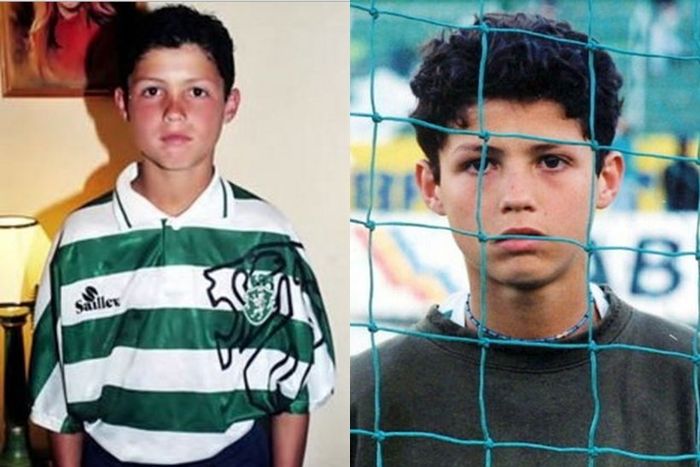
“When he was little, he was just like other kids,” Fernao Barros Sousa, his godfather told Goal. “But he had something that was different from the others and that was that he played a lot of football. Even from a young age. When the other kids were studying, he put his studies on the back seat in order to play football.”
Lisbon was a rough place for a skinny young boy like Ronaldo on his own, and he had his resilience tested there.
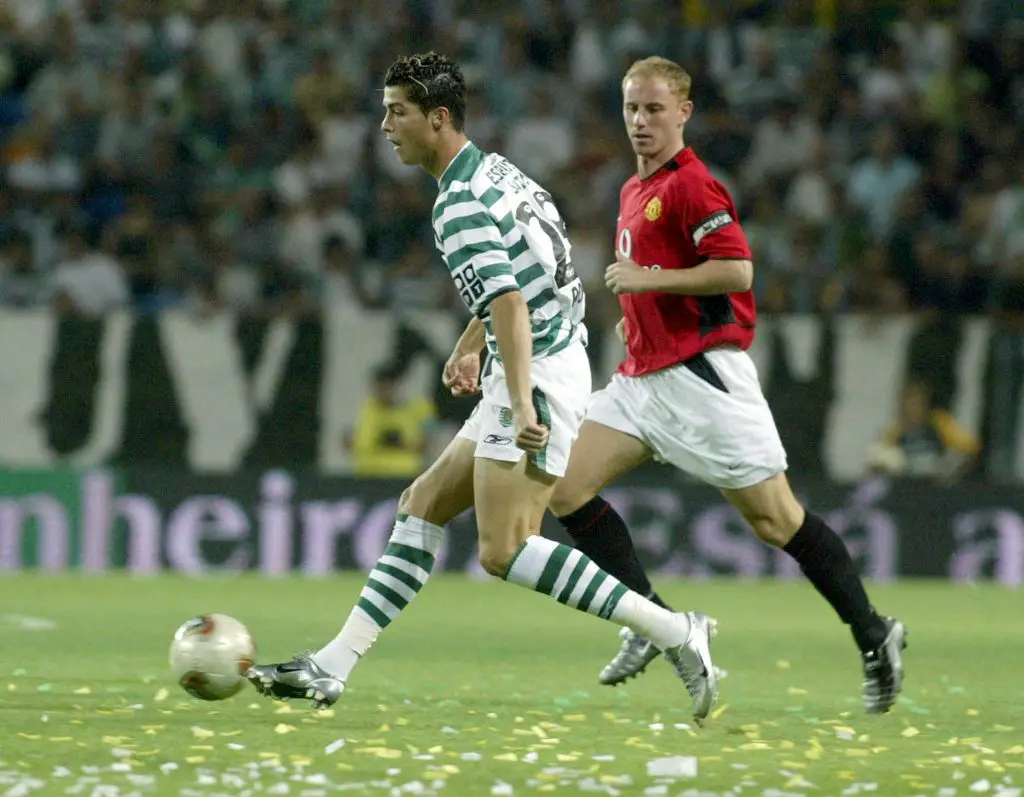
Joao Marques de Freitas, a socio of Sporting, explained: “It was very difficult for him to adapt in Lisbon because Madeirans have a pronunciation which is very different to here. Cristiano had problems at school, they laughed at him, and he resisted. At one point, he wanted to leave, but fortunately he stayed. He went through a bad time.”
Ronaldo was so unhappy that he reached a breaking point. He briefly returned back to his home to Madeira. Barros Sousa played a key role here to get Ronaldo back on the plane to the mainland. He overcame his fears and treaded back on his path to greatness.
Success did not come by chance to Cristiano Ronaldo

Success has never come easy to anyone and Ronaldo is no stranger to that fact. Even as a youth team player, Ronaldo’s work ethic earned him respect from others. His academy team-mate Christopher Pilar explained: “Ronaldo was different because of all the work he put in – not so much during the training sessions but after the sessions. He would always stay and practice for an extra half an hour on the areas he had most difficulties.
“The way he trained, the way he motivated his teammates, the way he corrected them, his will to win, his will to impress, was superior to all the others.
“We all wanted to play football and to please our parents. But not him – his dream was not only to please his family but everyone who watched him.”

After working immensely hard at Sporting, Ronaldo earned his move to Sir Alex Ferguson’s Manchester United. Here, the true great Ronaldo was born. He won his first of five UEFA Champions League trophies and his first of five Ballon d’Or trophies. This is also where he started wearing the iconic number ‘7’ jersey. The rest, as we say, is history.




